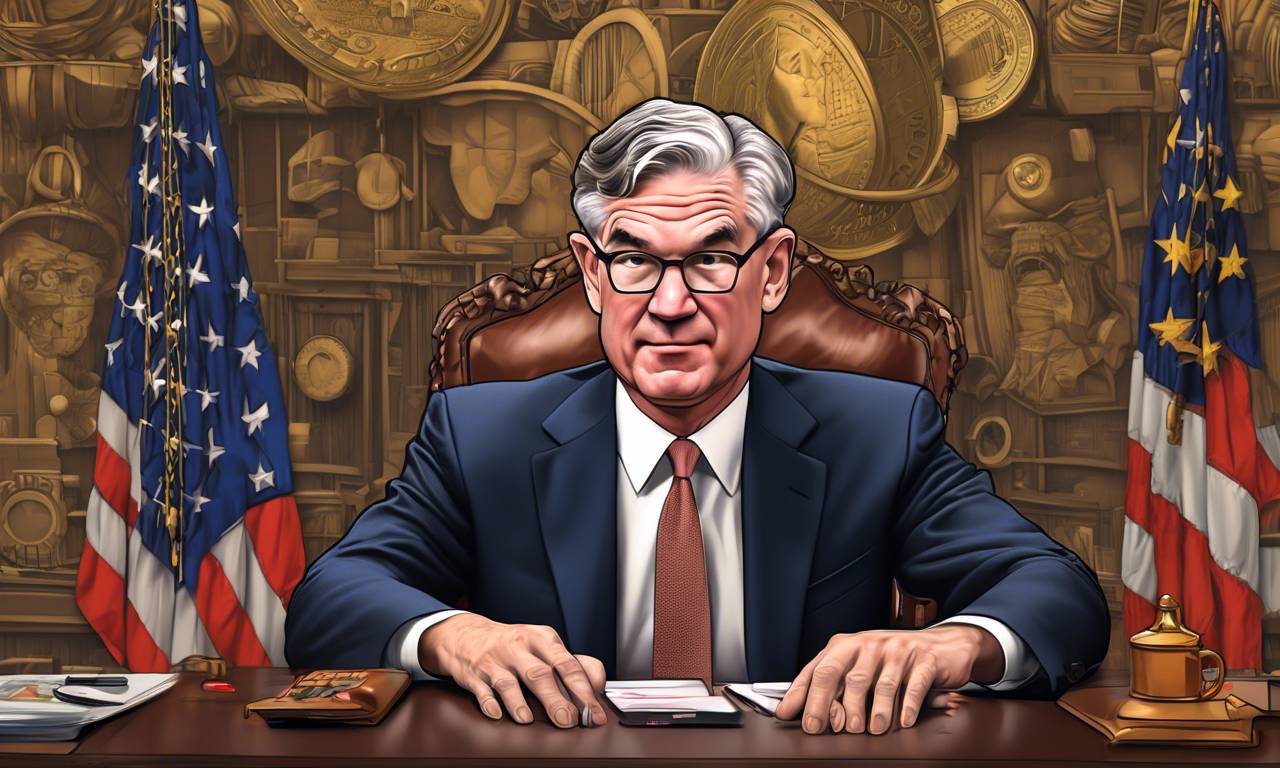Fed Chair Jerome Powell Assures Senate Committee on CBDCs
The U.S. Federal Reserve Chair Jerome Powell has reassured the Senate Banking Committee that the central bank has no immediate plans to introduce a central bank digital currency (CBDC). During a recent hearing, Powell emphasized that while the concept of CBDCs is being studied, the implementation of a digital dollar is not on the horizon. Powell made it clear that individual accounts for all Americans or any form of direct government monitoring of transactions are not part of the Fed’s plans. Instead, if the Fed were to explore a digital dollar, it would work with banks to manage accounts, ensuring privacy and avoiding government intrusion.
GOP Senators Express Opposition to CBDCs
Lawmakers have raised concerns about the privacy implications of a digital dollar and have attempted to prevent its issuance. In February, Republican Senators introduced a bill aimed at banning Fed-backed CBDCs. Senator Ted Cruz expressed his worries about “programmable money” and its potential to provide the government with detailed transaction-level data about individual users.
Fed Takes Cautious Approach Towards Rate Cuts
In addition to addressing CBDC concerns, Powell also hinted at the central bank’s cautious approach towards interest rate cuts. He indicated that the Fed is waiting for more confidence in sustainable inflation at 2% before considering rate reductions. Once this confidence is achieved, the Fed will gradually ease restrictions.
Hot Take: Privacy Remains Key Concern
Chair Jerome Powell’s statements before the Senate Banking Committee provide valuable insights into the Federal Reserve’s stance on CBDCs and privacy concerns. By emphasizing that there are no immediate plans for a central bank digital currency and assuring that individual accounts and direct government monitoring are not part of their vision, Powell addresses the worries of those who fear an intrusion on their financial privacy. However, the debate surrounding CBDCs and their potential implications for privacy is likely to continue as technology and digital currencies evolve.





 By
By


 By
By

 By
By